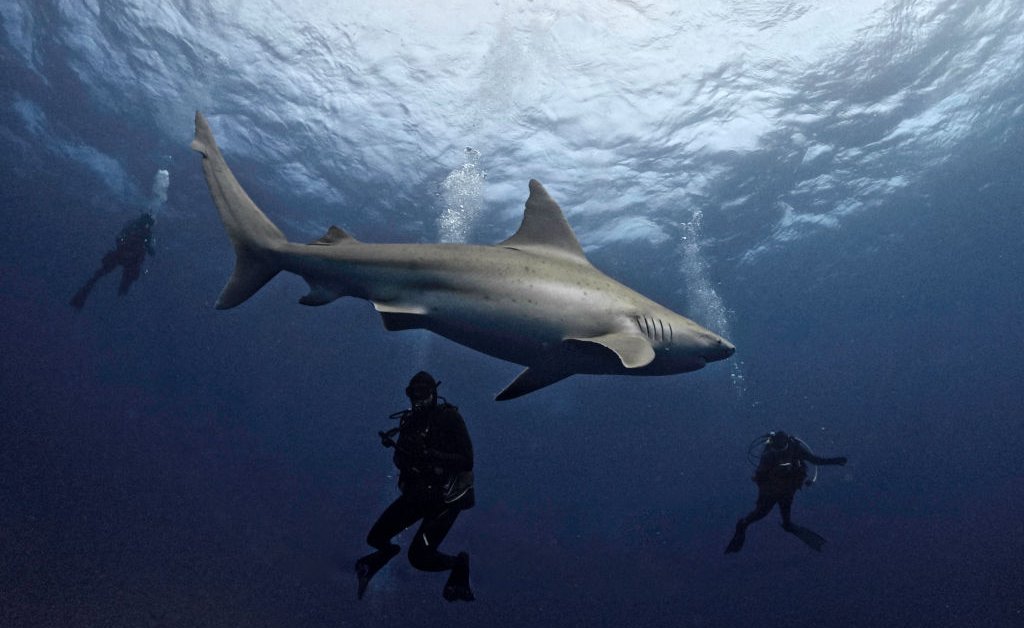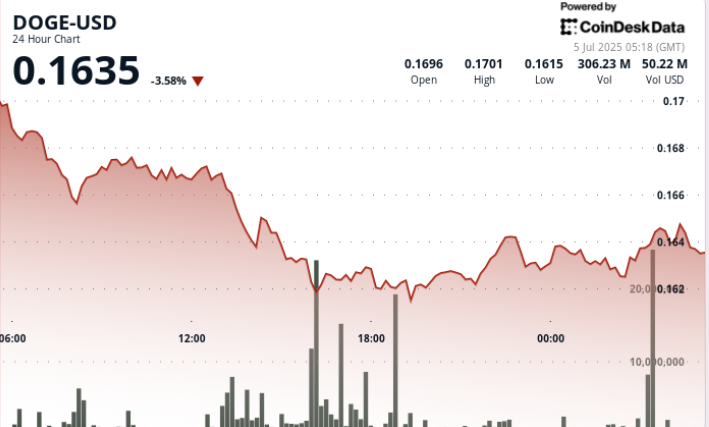Did Jaws Cause A Decline In Shark Populations? Exploring The Evidence.

Welcome to your ultimate source for breaking news, trending updates, and in-depth stories from around the world. Whether it's politics, technology, entertainment, sports, or lifestyle, we bring you real-time updates that keep you informed and ahead of the curve.
Our team works tirelessly to ensure you never miss a moment. From the latest developments in global events to the most talked-about topics on social media, our news platform is designed to deliver accurate and timely information, all in one place.
Stay in the know and join thousands of readers who trust us for reliable, up-to-date content. Explore our expertly curated articles and dive deeper into the stories that matter to you. Visit Best Website now and be part of the conversation. Don't miss out on the headlines that shape our world!
Table of Contents
Did Jaws Cause a Decline in Shark Populations? Exploring the Evidence
The 1975 blockbuster Jaws terrified audiences worldwide, cementing the great white shark's image as a man-eating monster. But did this cinematic portrayal contribute to a real-world decline in shark populations? The question, while seemingly simple, requires a nuanced examination of historical data and the complex interplay of factors affecting shark numbers. The short answer is: it's complicated, and while Jaws didn't directly cause the decline, its impact on public perception undoubtedly exacerbated existing threats.
The Pre-Jaws Reality: Already a Vulnerable Species
Before Steven Spielberg's masterpiece hit theaters, shark populations were already facing significant challenges. Overfishing, both targeted and incidental (bycatch), was a major factor. Many shark species are slow-growing, late-maturing, and have low reproductive rates, making them particularly vulnerable to unsustainable fishing practices. Habitat destruction and degradation further contributed to their decline. These issues were already well underway before the public's fear of sharks was amplified by Jaws.
The Jaws Effect: Fear and Increased Culling
Jaws undeniably heightened public fear of sharks. This fear translated into increased demand for shark culling programs, often poorly regulated and indiscriminate. Coastal communities, driven by panic and a misguided sense of safety, actively hunted sharks, contributing to already depleted populations. While exact figures are difficult to ascertain due to historical data limitations, anecdotal evidence suggests a noticeable spike in shark killings following the film's release.
Beyond the Box Office: The Lasting Impact on Conservation
While the negative impact of Jaws on shark populations is undeniable, the film also inadvertently sparked a crucial shift in public perception. The intense media attention surrounding the film led to increased awareness of sharks as magnificent creatures and vital components of marine ecosystems. This, in turn, paved the way for greater conservation efforts in the decades that followed.
The Modern Conservation Landscape: A Long Road to Recovery
Today, many shark species are critically endangered. Organizations like the Pew Charitable Trusts and the Shark Trust are leading the charge in advocating for stricter fishing regulations, promoting sustainable fishing practices, and educating the public about the importance of shark conservation. The creation of marine protected areas (MPAs) also plays a crucial role in safeguarding shark habitats and promoting population recovery.
Understanding the Complexities:
It's important to avoid simplifying the narrative. While Jaws certainly contributed to the decline in shark populations by fueling fear and encouraging culling, it was not the sole cause. The film acted as a catalyst, exacerbating existing problems. The real villain is unsustainable fishing practices and habitat destruction.
Call to Action: Support Shark Conservation
The future of sharks depends on our collective action. By supporting organizations dedicated to shark conservation, advocating for responsible fishing policies, and educating ourselves and others about the vital role sharks play in our oceans, we can help reverse the alarming decline in their numbers and ensure their survival for future generations. Learn more about how you can get involved at [link to relevant conservation organization].
Keywords: Jaws, shark populations, shark decline, shark conservation, overfishing, bycatch, marine protected areas, great white shark, Steven Spielberg, environmental impact, conservation efforts, Pew Charitable Trusts, Shark Trust.

Thank you for visiting our website, your trusted source for the latest updates and in-depth coverage on Did Jaws Cause A Decline In Shark Populations? Exploring The Evidence.. We're committed to keeping you informed with timely and accurate information to meet your curiosity and needs.
If you have any questions, suggestions, or feedback, we'd love to hear from you. Your insights are valuable to us and help us improve to serve you better. Feel free to reach out through our contact page.
Don't forget to bookmark our website and check back regularly for the latest headlines and trending topics. See you next time, and thank you for being part of our growing community!
Featured Posts
-
 Analyse Goldman Sachs Optimistischere Einschaetzung Fuer Bayer
Jul 06, 2025
Analyse Goldman Sachs Optimistischere Einschaetzung Fuer Bayer
Jul 06, 2025 -
 Matildas World Cup Preparations Hampered By Shock Loss And Injuries
Jul 06, 2025
Matildas World Cup Preparations Hampered By Shock Loss And Injuries
Jul 06, 2025 -
 Are Fireworks Legal On July 4th In Florida A Complete Guide
Jul 06, 2025
Are Fireworks Legal On July 4th In Florida A Complete Guide
Jul 06, 2025 -
 Red Dead Redemption 2 Free Download Claim Your Copy Now
Jul 06, 2025
Red Dead Redemption 2 Free Download Claim Your Copy Now
Jul 06, 2025 -
 Wildfire Risk Prompts New Fire Restrictions In Carson City
Jul 06, 2025
Wildfire Risk Prompts New Fire Restrictions In Carson City
Jul 06, 2025
Latest Posts
-
 Trumps Tax Bill Increased Hunger Concerns For Iowa Food Pantries
Jul 07, 2025
Trumps Tax Bill Increased Hunger Concerns For Iowa Food Pantries
Jul 07, 2025 -
 Dogecoin Price Holds Steady 0 16 Support Level Key For Bulls
Jul 07, 2025
Dogecoin Price Holds Steady 0 16 Support Level Key For Bulls
Jul 07, 2025 -
 Israeli Air Force Targets Yemeni Ports And Galaxy Leader Vessel Idf Statement
Jul 07, 2025
Israeli Air Force Targets Yemeni Ports And Galaxy Leader Vessel Idf Statement
Jul 07, 2025 -
 Cancer Free Jim Ross Confirmed For All In Wrestling Event In Texas
Jul 07, 2025
Cancer Free Jim Ross Confirmed For All In Wrestling Event In Texas
Jul 07, 2025 -
 Wrestling News Jim Ross All In 2025 Commentary Role Announced
Jul 07, 2025
Wrestling News Jim Ross All In 2025 Commentary Role Announced
Jul 07, 2025
